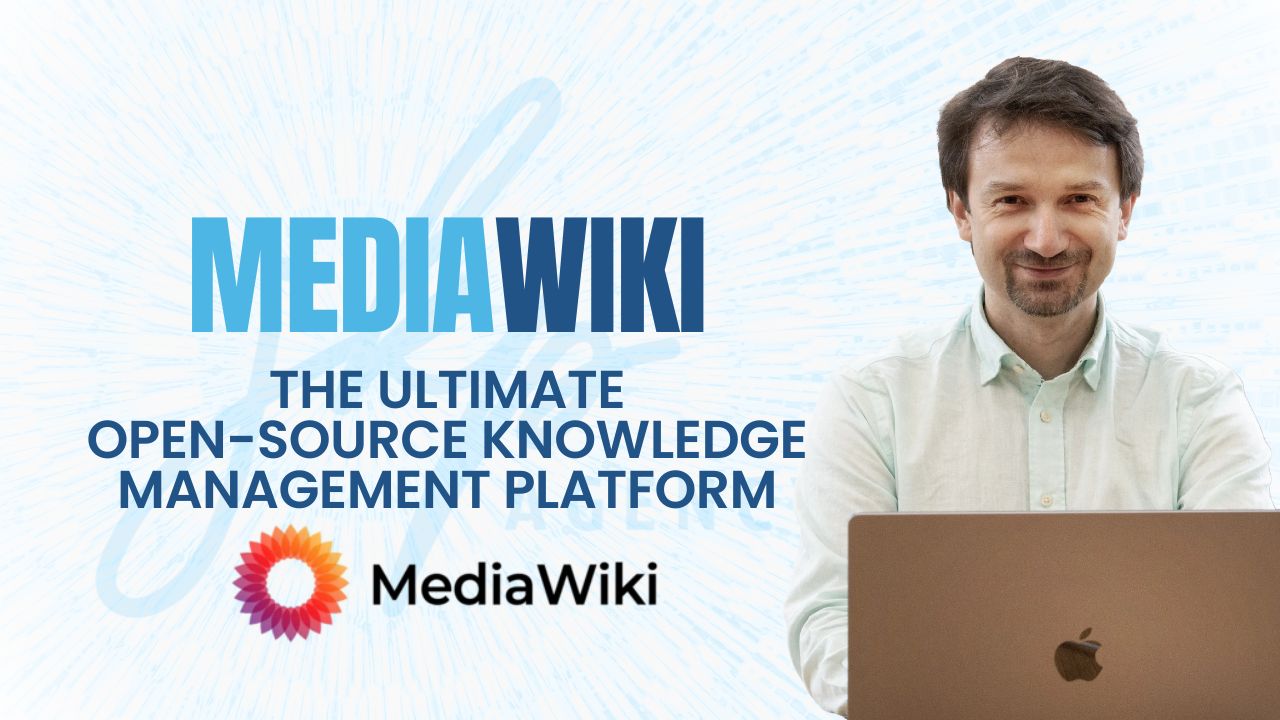MediaWiki: The Ultimate Open-Source Knowledge Management Platform
Discover how MediaWiki empowers organizations with scalable, multilingual, and customizable wiki solutions.

Discover how MediaWiki empowers organizations with scalable, multilingual, and customizable wiki solutions.
MediaWiki is a powerful, free, and open-source wiki software that enables organizations to create and manage collaborative knowledge bases. Originally developed for Wikipedia, MediaWiki has evolved into a versatile platform used by companies, educational institutions, and communities worldwide to organize and share information efficiently.
Implementing MediaWiki involves setting up a server environment with PHP and a compatible database system. Comprehensive installation guides and documentation are available on the MediaWiki website, assisting users through the setup process.
MediaWiki stands out as a robust and adaptable solution for organizations seeking to harness the power of collaborative knowledge management. Its scalability, customization options, and active community support make it a compelling choice for various applications.
Help us find great content
This is a growing collection of tools I use, test, and genuinely recommend through JKP.Agency. Some links may be affiliate links - which means if you choose to explore or purchase through them, you’re supporting the time I put into curating and maintaining this list (at no extra cost to you). Your support also helps me continue the work of our nonprofit, the Power of Listening Foundation, which is not affiliated with these tools but deeply aligned with the spirit of care, presence, and contribution. I invite you to explore, discover, and share what serves you best.
Leave a Reply